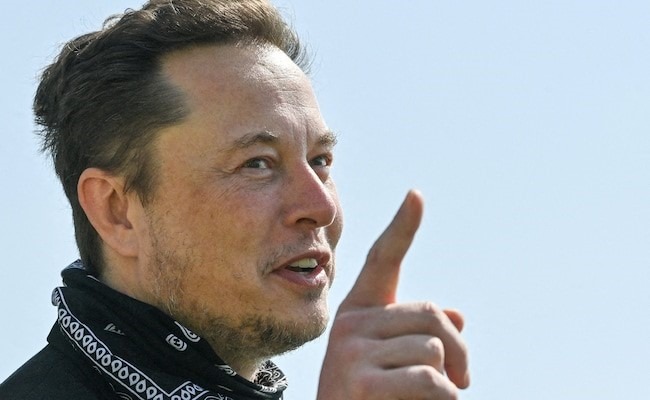| Translate This News In |
|---|
According to three people familiar with the issue, Elon Musk assured banks that agreed to help fund his $44 billion acquisition of Twitter Inc that he would decrease executive and board pay at the social media company in order to reduce expenses, and that he would find new methods to monetize tweets.
According to the individuals, Musk made the pitch to lenders as he attempted to arrange funding for the buyout days after submitting his bid to Twitter on April 14. On April 21, his disclosure of bank pledges was critical in Twitter’s board accepting his “best and last” offer.
Musk had to persuade the banks that Twitter generated enough cash flow to service the debt he wanted. In the end, he received $13 billion in loans secured against Twitter and a $12.5 billion margin loan related to his Tesla equity. He agreed to pay the remaining of the consideration with his own money.
According to the individuals, Musk’s pitch to banks was more about his vision than hard commitments, and the exact cost reduction he will seek once he buys Twitter remain unknown. According to the sources, the proposal he presented to banks was lacking in detail.
Musk has tweeted about cutting the pay of Twitter’s board directors, which he claims may result in a $3 million cost savings. According to corporate documents, Twitter’s stock-based pay for the fiscal year ended December 31, 2021 was $630 million, a 33% increase from the previous year.
In his pitch to financiers, Musk also mentioned Twitter’s gross margin, which is substantially lower than competitors such as Meta Platform Inc’s Facebook and Pinterest, claiming that this provides plenty of room to run the company more cost-effectively.
Because the situation is private, the sources requested anonymity. A Musk spokesman declined to comment.
Bloomberg News reported earlier on Thursday that Musk expressly referenced job cutbacks as part of his presentation to banks. According to one of the individuals, Musk will not make job-cut decisions until he takes control of the company later this year. He pushed forward with the acquisition despite not having access to private information about the company’s financial performance or headcount.
According to the sources, Musk informed the banks that he also intends to build features to increase business revenue, such as new ways to monetize tweets that contain essential information or go viral.
He proposed charging a fee anytime a third-party website wishes to quote or embed a tweet from a verified individual or organisation.
Musk proposed a slew of changes to Twitter Blue, the social media giant’s premium subscription service, in a tweet earlier this month that he later removed, including decreasing the price, eliminating advertising, and allowing users to pay in dogecoin. Twitter’s Blue premium service is now $2.99 per month.
Musk stated in another deleted post that he wants to lessen Twitter’s reliance on advertising for a large portion of its revenue.
According to the sources, Musk, whose net worth is estimated to be $246 billion, has suggested that he will assist banks in marketing syndicated loans to investors and that he may reveal additional specifics about his business plan for Twitter at that time.
Musk has also hired a new CEO for Twitter, according to one of the individuals, who declined to identify the individual.
SOME BANKS THINK IT’S TOO RISKY
According to the individuals, the Tesla Inc CEO also told the banks that he will seek moderation practises on the social media platform that are as free as feasible within the legal limits of each location in which Twitter operates, a view that Musk has openly stated.
The $13 billion loan from Twitter is equivalent to seven times the company’s estimated earnings before interest, taxes, depreciation, and amortisation in 2022. Some banks decided to participate just in the margin loan because it was too risky, according to the sources.
According to the sources, another reason some banks chose not to participate is that they thought Musk’s unpredictability would result in a talent exodus from Twitter, damaging its company.
A request for comment from Twitter was not responded to.


















